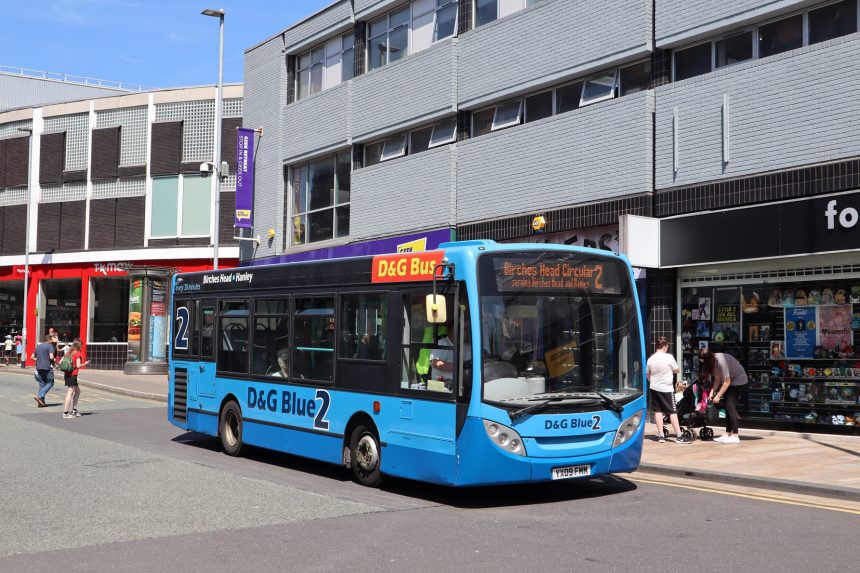Bus fares have been political hot property ever since £2 cap schemes in England debuted. Reimbursement, and exit strategies should any exist, are key for operators, although some opinion favours caps becoming permanent, albeit not tied forever at £2.
Patronage return remains imperative, and fares promotions are integral to that. It is right that ringfenced money goes towards them. The benefits to ridership are clear, although not so is how many of the new bus users that have been generated will remain when, or if, caps end and commercial realities return.
But fares are not the only part of the ongoing rebuild. Even more difficult to understand, therefore, is how the separate use in some areas of good chunks of Bus Service Improvement Plan (BSIP) funding to lower other fares is wise. There are invariably many longer-term projects that such money would be better spent on.
How does a cheaper fare constitute a legitimate Bus Service Improvement? It does not, because it cannot. It is as the dedicated fare cap schemes were largely intended: A short-term, spend-once-and-it’s-gone approach that defers to another day considerations of what happens when the pot runs dry. It is also little use if a would-be passenger has no bus to travel on in the first place.
But putting BSIP more money towards a combination of expanded timetables, better customer information, bus priority, contactless multi-operator provision and any of the other work that delivers tangible service uplifts is not a short-term approach.
Appropriate priority measures are proven to generate organic, long-term patronage growth. Suitably structured partnership mechanisms can encourage operators to reinvest revenue generated and savings made into networks, further increasing their attractiveness to non-bus users.
There may be an argument for ‘pump priming’ new fares initiatives with BSIP money; projects that when combined with service betterments could need some help at launch, yet which when the whole becomes greater than the sum of its parts, can wash their faces.
But cheaply and easily dumping seven-figure BSIP sums into cutting fares and failing to maximise the wider benefits of that funding is more of the short-term political thinking that bedevils the bus industry.
It does not leverage the long-term. It diverts money from building lasting positive change for bus services and the infrastructure they rely on. Moreover, it does nothing for the sustainable, stable landscape that the sector so desperately needs.



























